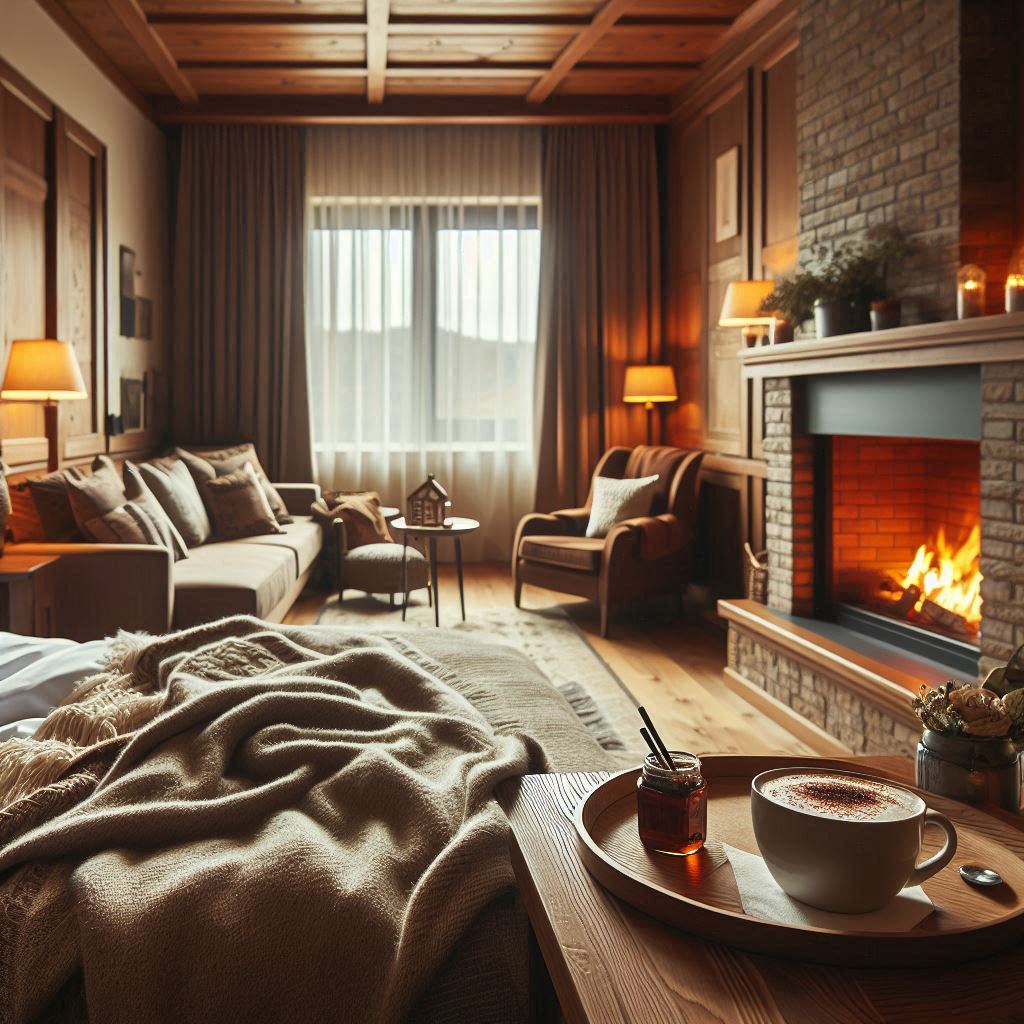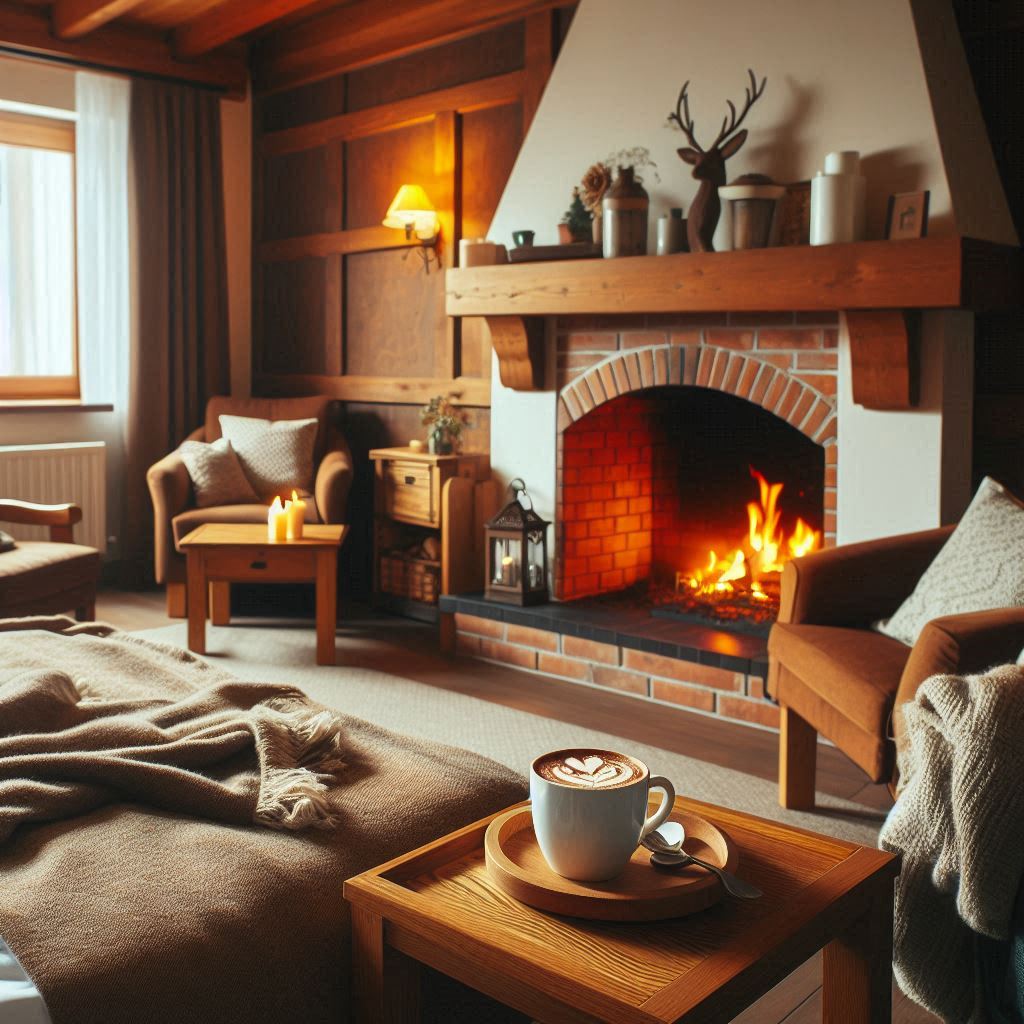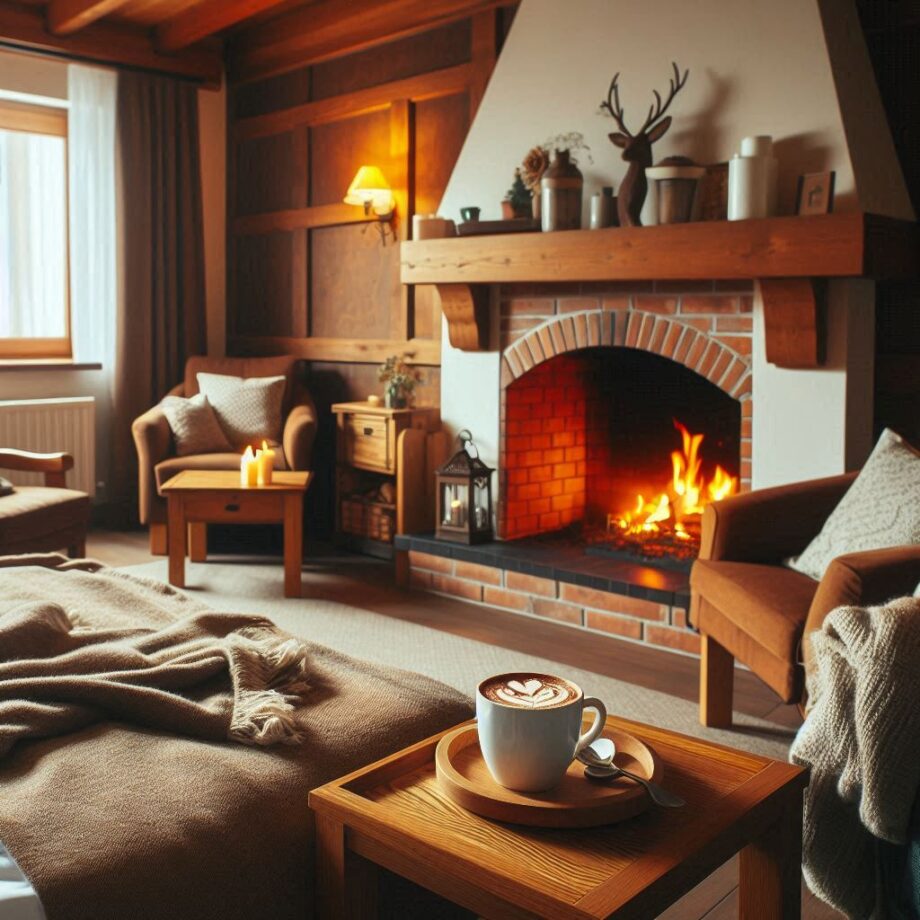Hotels are a crucial element in the tourism and hospitality industry, providing comfort and safety for travelers away from home. The diverse range of hotels around the world caters to various needs, from budget tourists to wealthy businesspeople. This review covers the history of hotel development, classification, current trends, and examples of unique hotels.
History of Development
Hotels have ancient roots dating back to Ancient Greece and Rome, where inns provided shelter for travelers and merchants. With the development of transport routes and the increase in travel, hotel services became popular. In the Middle Ages, with the spread of Christianity, monasteries and hospices also began offering accommodations to pilgrims and travelers. Later, with the growth of cities and trade, taverns and guild houses began to appear, providing basic amenities for overnight stays.

Classification
Today, hotels are classified based on various parameters:
- 1. Star Rating: The most well-known system, where hotels are rated from one to five stars depending on the level of comfort and services. One-star hotels offer basic amenities such as a bed and a bathroom, while five-star hotels provide luxurious conditions, including spas, high-end restaurants, and personalized service.
- 2. Boutique Hotels: Small, often uniquely designed hotels with a personalized approach to each guest. These hotels are usually located in central city areas or scenic spots, offering exclusive services and a unique atmosphere.
- 3. Resort Hotels: Focused on relaxation and entertainment, often located in resort areas. They offer a wide range of services, including pools, sports facilities, entertainment programs, and excursions.
- 4. Business Hotels: Oriented towards providing conveniences for business travelers, such as conference rooms, fast internet access, office services, and convenient locations near business centers.
Trends in the Hotel Industry
Modern technology has significantly influenced the hotel industry. The introduction of automation and digital technologies has improved service and convenience for guests. For example, many hotels now offer online booking and self-check-in, as well as the use of mobile apps to manage room services. Guests can now easily order food, book spa treatments, or request room cleaning through their mobile devices.
Environmental Responsibility
With increasing attention to environmental issues, many hotels are adopting eco-friendly practices. Using renewable energy sources, reducing water consumption, and eliminating single-use plastic items are becoming standard for hotels aiming to reduce their environmental footprint. Some hotels go even further, implementing waste recycling systems, using eco-friendly materials in construction, and offering eco-programs such as tree planting or participation in environmental actions.
Examples of Unique Hotels
- 1. Ice Hotels: Completely built from ice and snow, offering a unique living experience. Guests can sleep on ice beds surrounded by ice sculptures, with the temperature inside maintained at -5 degrees Celsius.
- 2. Underwater Hotels: Offer rooms underwater where guests can observe marine life directly from their rooms. The transparent walls of the rooms allow for enjoying underwater landscapes, creating unforgettable impressions.
- 3. Treehouse Hotels: Offer rooms in trees, allowing guests to enjoy nature in comfort. Each treehouse has a unique design and blends seamlessly into the surrounding forest landscape.
- 4. Cave Hotels: Provide accommodations carved into the rocks, allowing guests to experience the atmosphere of ancient dwellings while maintaining modern comfort. These hotels offer a unique combination of history and luxury.
Services and Amenities
Modern hotels meet the needs of their guests by offering a variety of services and amenities:
- 1. Restaurants and Bars: Many hotels have their own restaurants offering local and international cuisine. Bars and lounges allow guests to relax and enjoy drinks in a pleasant setting.
- 2. Spas and Fitness Centers: To maintain health and relaxation, many hotels offer spa treatments, saunas, massages, and fitness rooms with modern equipment.
- 3. Conference Rooms and Business Centers: Business hotels provide facilities for meetings, conferences, and events, as well as copying, printing, and equipment rental services.
- 4. Pools and Entertainment Areas: Resort hotels offer indoor and outdoor pools, water slides, tennis courts, and other activities for active recreation.
- 5. Transportation Services: Many hotels offer airport transfers, car rentals, and tour programs.

Future of the Hotel Industry
The hotel industry continues to evolve, adapting to new demands and technologies. In the future, even more implementation of artificial intelligence and automation in guest services can be expected. Hotels will strive to create more personalized and unique experiences for their clients, using data and analytics to predict needs and preferences.
Hotels continue to evolve, offering more diverse services and unique experiences for their guests. Whether you are looking for luxury or budget accommodation, the modern hotel market can meet any needs. The hospitality industry remains a vital part of travel, providing cozy havens for people. In the future, hotels will continue to implement new technologies and eco-friendly practices, making guests’ stays even more comfortable and memorable.
An example of such a unique approach is The Residences at the Hard Rock Hotel Davos, offering a combination of luxury, style, and high-level service.
